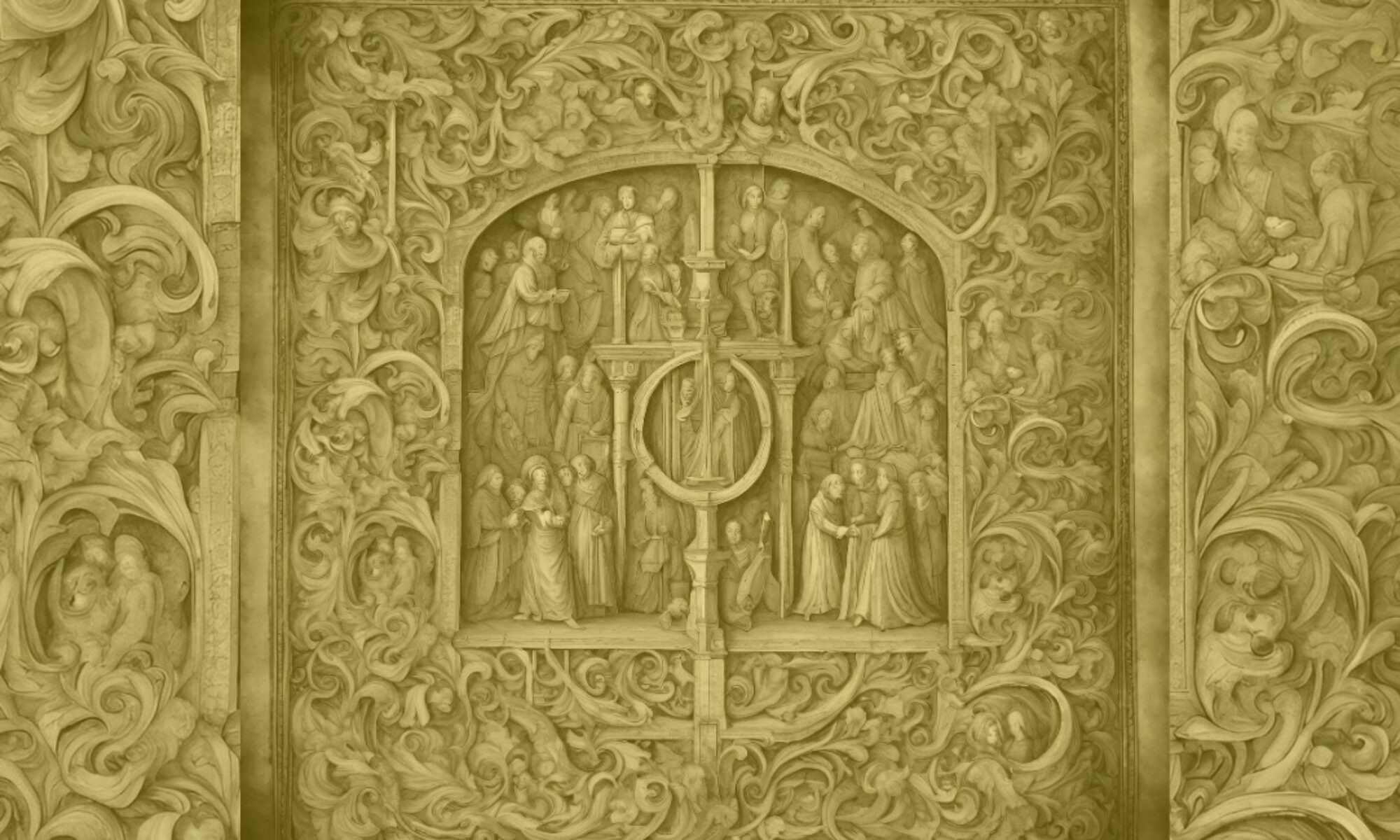Dr. Zirk’s presentation is called “The Forest as Cultural Heart of Estonians”

In Estonian folklore, the forest forms an integral cultural theme that serves as an anchor for “Estonianness,” culture creation, and nation building as outlined by Atko Remmel and Tõnno Jonuks. However, due to historical and linguistic challenges, Estonian folklore has been underrepresented in mythology studies in the USA.
As the Estonian ecosystems are naturally forested, the lives of Estonians and the forest have been intertwined since time immemorial and thus the folktales reflect these complex social-environmental realities. This initial conversation between depth psychological approaches to mythology and Estonian forest folktales serves to illustrate the evolving reimagining of these relationships.
James Hillman argues for the importance of the heart’s imagination as beholding to the imagination that beholds us. In the folktales, those who enter the ensouled forest by seeing with their heart are rewarded, but those who enter with an anaesthetized heart suffer. Mary Watkins argues that the image seen by the heart leads to new potentialities, to which humans can experience emotional responses that can lead to love-based action.
Exploring three forest fairy tales collected during the nineteenth century, the forest reacts differently to human hunters as portrayed in “The Lucky Hunter” and “The Forest Elder.” In “Why Aspen Leaves Flutter” tension between human and forest consciousness unravel life between a mother and daughter.
Using the heart’s imaginal response to fairytales, Estonians are envisioning a cultural and physical forest by instantiating the mythic past in the Väike Väerada or Little Nature Energy Trail.
About Dr. Zirk
Karin Zirk, Ph.D. is a mythologist, writer and environmental activist who is currently living in Estonia. When she is not studying the Estonian language, she researches Estonian mythology from a social and cultural perspective. Her creative writing has been published in various small publications and she has presented her research at the American Academy of Regional annual and regional conferences as well as at the Mythologium. Her novel, Falling From The Moon (http://FallingFromTheMoon.com) the story of a wanderer finding her path and discovering her tribe, is an important piece of ethnofiction. Connect with her online on Instagram @mythcamper, LinkedIn https://www.linkedin.com/in/karin-zirk-phd/, and her website https://KarinZirk.com/.

